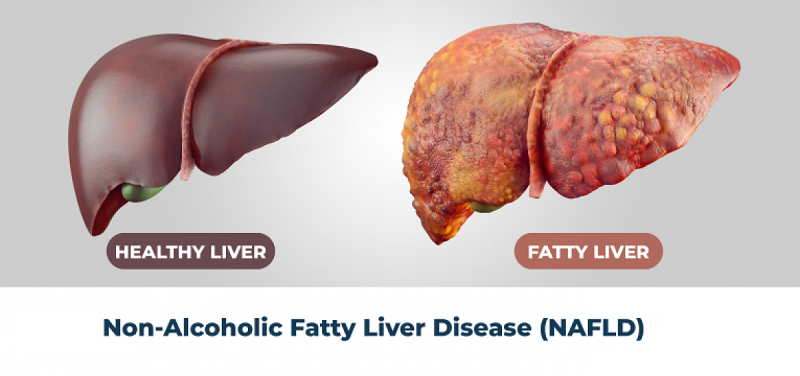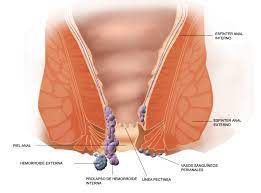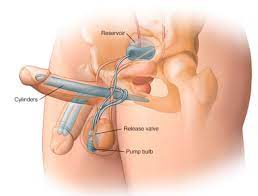Health Implications of Oral Sex
Oral sex is a common sexual practice that involves stimulating a partner's genitals with the mouth, lips, or tongue. While it is often considered a low-risk sexual activity in terms of pregnancy and some sexually transmitted infections (STIs), it is essential to understand the potential health implications associated with oral sex. In this article, we explore the various health risks and considerations related to engaging in oral sex.
Sexually Transmitted Infections (STIs):
One of the primary health concerns associated with oral sex is the transmission of sexually transmitted infections (STIs). Although the risk is generally lower compared to vaginal or anal intercourse, it is still possible to contract STIs through oral-genital contact. Common STIs transmitted through oral sex include:
1. Gonorrhea: Gonorrhea can infect the throat (pharyngeal gonorrhea) when performing oral sex on an infected partner. Symptoms may include sore throat, difficulty swallowing, and swollen lymph nodes.
2. Chlamydia: Chlamydia can also infect the throat and cause symptoms similar to gonorrhea. However, many people with oral chlamydia do not experience symptoms, making it challenging to diagnose.
3. Herpes: Oral herpes (caused by the herpes simplex virus type 1, HSV-1) and genital herpes (caused by HSV-2) can be transmitted through oral-genital contact, leading to cold sores or genital herpes outbreaks.
4. Human Papillomavirus (HPV): Certain strains of HPV can cause genital warts and increase the risk of oral cancers, particularly in the throat and mouth.
5. Human Immunodeficiency Virus (HIV): While the risk of HIV transmission through oral sex is relatively low compared to other sexual activities, it is still possible, especially if there are open sores, cuts, or bleeding gums present.
Hygiene and Oral Health:
Engaging in oral sex can also pose hygiene and oral health concerns, particularly if proper precautions are not taken. For instance:
1. Bacterial Infections: Bacteria from the mouth or genitals can lead to bacterial infections if introduced into the oral or genital area during oral sex.
2. Oral Health Issues: Poor oral hygiene and untreated oral infections can increase the risk of transmitting or contracting infections during oral sex.
3. Dental Dams and Condoms: Using dental dams or condoms during oral sex can provide a barrier and help reduce the risk of STI transmission. These protective barriers should be used consistently and correctly to be effective.
Communication and Consent:
Effective communication and mutual consent are essential aspects of healthy sexual relationships, including oral sex. Partners should openly discuss their sexual health history, concerns, and preferences before engaging in any sexual activity. Consent should be enthusiastic, ongoing, and freely given by all parties involved.
Conclusion:
While oral sex is generally considered a low-risk sexual activity, it is essential to be aware of the potential health implications and take necessary precautions to protect oneself and one's partner. Practicing safer sex, including using protective barriers like dental dams and condoms, and maintaining good oral hygiene can help reduce the risk of STI transmission and promote overall sexual health and well-being. Additionally, open communication, mutual respect, and consent are crucial components of healthy and satisfying sexual experiences.
By understanding the health implications of oral sex and taking proactive measures to mitigate risks, individuals can enjoy fulfilling and safe sexual relationships while prioritizing their health and well-being.



























